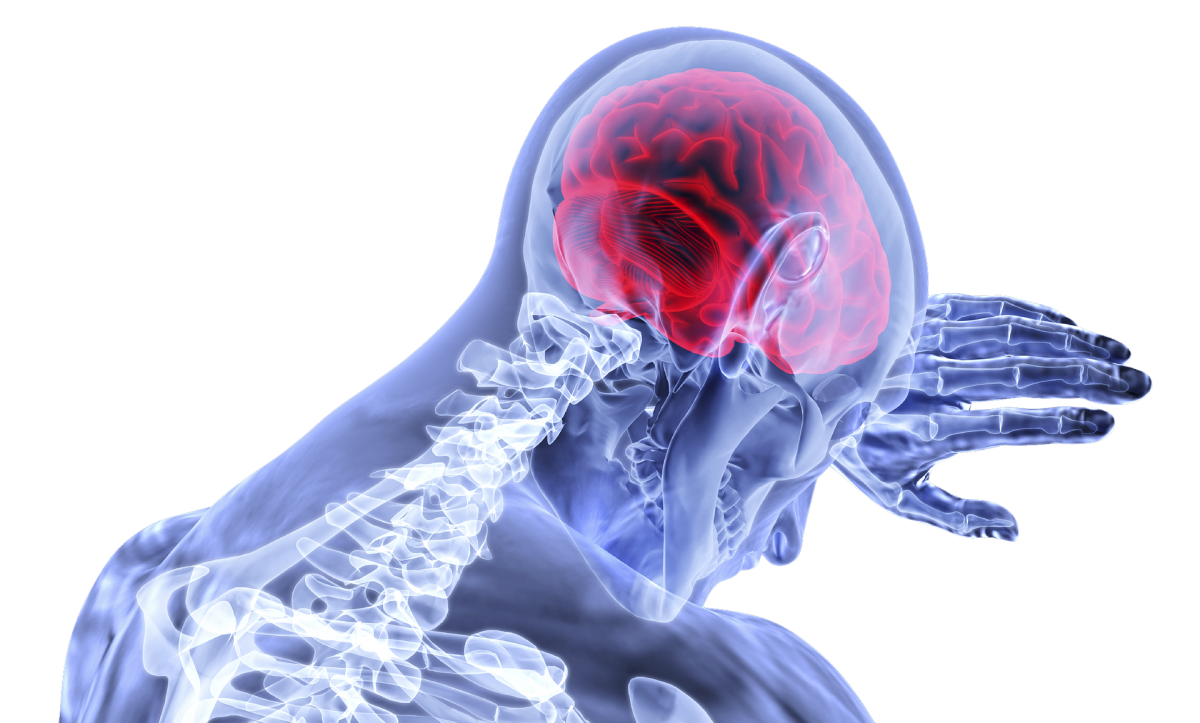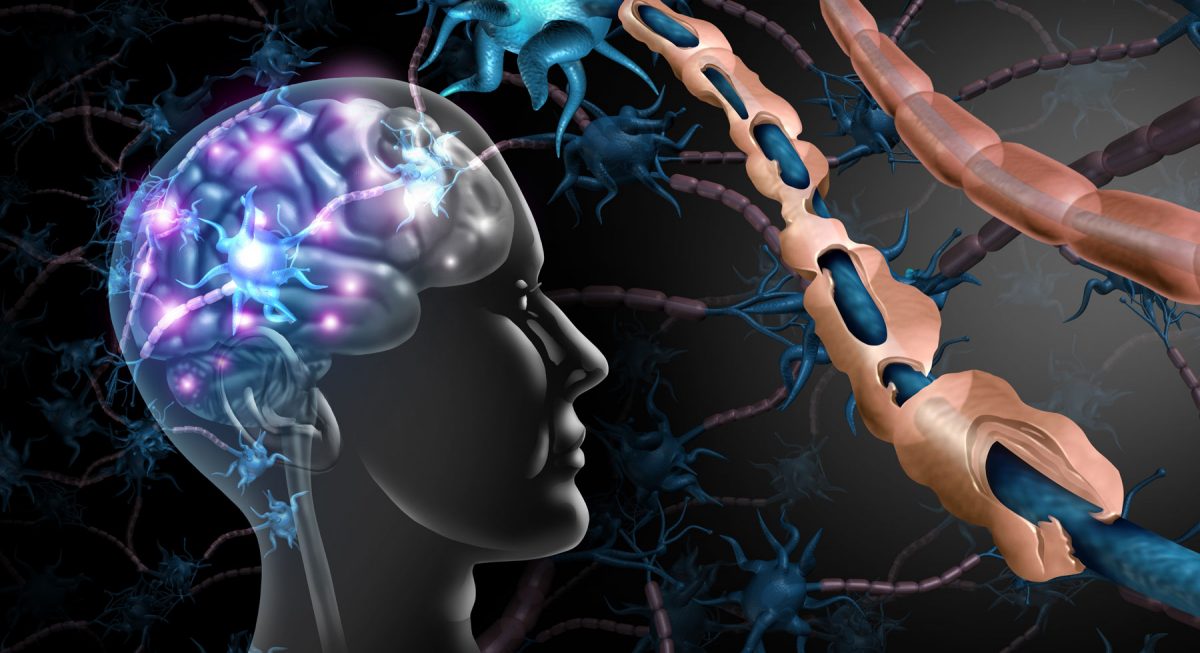This website uses cookies so that we can provide you with the best user experience possible. Cookie information is stored in your browser and performs functions such as recognising you when you return to our website and helping our team to understand which sections of the website you find most interesting and useful.

Neurology
The medical specialty concerned with the diagnosis and treatment of disorders of the nervous system, which includes the brain, the spinal cord, and the nerves.
Who is a neurologist?
A neurologist is a medical doctor who specializes in treating diseases of the nervous system. The nervous system is made of two parts: the central and peripheral nervous system. It includes the brain and spinal cord.
Illnesses, disorders, and injuries that involve the nervous system often require a neurologist’s management and treatment.
What does a neurologist do?
Neurologists manage and treat neurological conditions, or problems with the nervous system. Symptoms that commonly require a neurologist include:
- coordination problems
- muscle weakness
- a change in sensation
- confusion
- dizziness
People who are having problems with their senses, such as touch, vision, or smell, may also need to see a neurologist. Problems with senses are sometimes caused by nervous system disorders.
Neurologists also see patients with:
- seizure disorders, such as epilepsy
- stroke
- multiple sclerosis
- neuromuscular disorders, such as myasthenia gravis
- infections of the nervous system, including encephalitis, meningitis, or brain abscesses
- neurodegenerative disorders, such as Lou Gehrig’s disease and Alzheimer’s disease
- spinal cord disorders, including inflammatory and autoimmune disorders
- headaches, such as cluster headaches and migraines








